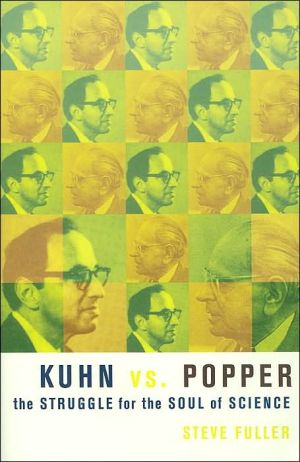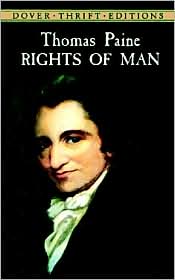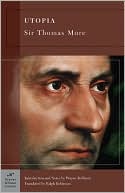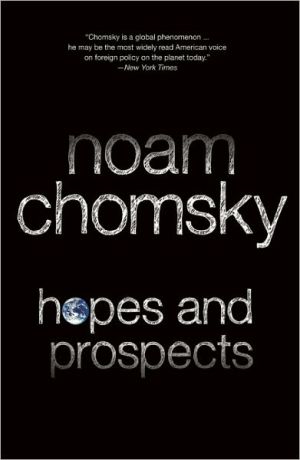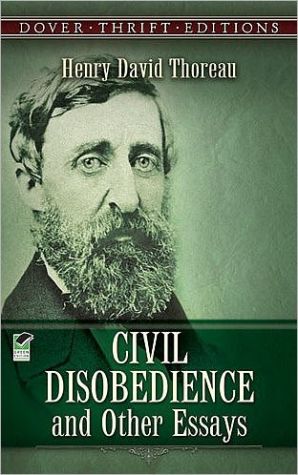Kuhn vs. Popper: The Struggle for the Soul of Science
Thomas Kuhn's Structure of Scientific Revolutions has sold over a million copies in more than twenty languages and has remained one of the ten most cited academic works for the past half century. In contrast, Karl Popper's seminal book The Logic of Scientific Discovery has lapsed into relative obscurity. Although the two men debated the nature of science only once, the legacy of this encounter has dominated intellectual and public discussions on the topic ever since.\ Almost universally...
Search in google:
Although Thomas Kuhn and Karl Popper debated the nature of science only once, the legacy of this encounter has dominated intellectual and public discussions on the topic ever since. Kuhn's relativistic vision of science as just another human activity, like art or philosophy, triumphed over Popper's more positivistic belief in revolutionary discoveries and the superiority of scientific provability. Steve Fuller argues that not only has Kuhn's dominance had an adverse impact on the field but both thinkers have been radically misinterpreted in the process. Kirkus Reviews An overview of the debate between the two most influential modern philosophies of science. Fuller (Sociology/Univ. of Warwick) places Thomas Kuhn (1922-96) and Karl Popper (1902-94) at the heads of two divergent schools of thought about the roles of science and the scientist. Kuhn's 1960 book, The Structure of Scientific Revolutions, postulated that scientists normally work within a paradigm, a framework of ideas that controls what questions they ask and what data they examine. At intervals, a new paradigm-for example, the Copernican solar system-captures the imagination of a new generation of scientists and replaces the old one, without necessarily being a more accurate depiction of reality. Popper, an intellectual descendent of the logical positivist school, argued that the essence of science is the search for ways to falsify accepted viewpoints, and that only those propositions that can be disproved are genuinely scientific. Fuller states the two men's basic positions and examines their underlying scientific, historical, and political premises. Openly acknowledging that he finds Kuhn's theory detrimental to the independence of science, the author suggests that because Kuhn came to intellectual maturity in an era when American society needed to subsume scientific research into the Cold War effort, he favored a view in which most scientists do not ordinarily question basic principles. Popper's view, that science is a model of an open society in which free inquiry is the norm, offers at the same time more personal freedom and more personal responsibility to the individual scientist. While the general verdict is that Kuhn won the debate during the two men's lifetimes, Fuller argues thatPopper's view retains the potential to liberate science from its current role as the handmaiden of government and business. A succinct yet in-depth inquiry into a significant philosophical issue.
Ch. 1In search of the causes of a non-event7Ch. 2Kuhn and Popper : a case of mistaken identities12Ch. 3Popperian suspicions and Kuhnian vindication21Ch. 4We've been here before : the prehistory of the debate25Ch. 5Dialectics as the pulse of scientific progress34Ch. 6A parting shot at the misunderstanding40Ch. 7Why philosophers get no respect from scientists43Ch. 8So, why are philosophers of science pro-science?49Ch. 9The return of the repressed : philosophers as tory historians of science53Ch. 10The religious unconscious of the debate58Ch. 11Do we believe by evidence or by decision? : a very short history of epistemology64Ch. 12The university as the absent presence of the Kuhn-Popper debate70Ch. 13Popper and Adorno united : the rationalist left at positivism's wake81Ch. 14Popper and Adorno divided : the rationalist left haunted by historicism87Ch. 15How to be responsible for ideas - the Popperian way96Ch. 16Failing the Popperian test for intellectual responsibility : Rorty on Heidegger102Ch. 17Is Thomas Kuhn the American Heidegger?110
\ Popular Science\ - Gregory Mone\ It's a fascinating and, at 132 pages, delightfully concise work.\ \ \ \ \ \ Financial Times\ - A. C. Grayling\ A feisty and rich little book...always stimulating\ \ \ \ History of Political Thought\ - Milja Kurki\ Kuhn vs. Popper is a concise and engaging book that philosophers of science, investigators of political thought and, indeed, laymen with a philosophical interest will find an interesting read.\ \ \ \ \ \ Canadian Journal of Sociology Online\ - Neil McLaughlin\ Provocative and brilliant.\ \ \ \ \ \ Philosophy In Review\ - Robert J. Deltete\ A provocative read.\ \ \ \ \ \ Popular ScienceIt's a fascinating and, at 132 pages, delightfully concise work. \ — Gregory Mone\ \ \ \ \ \ Financial TimesA feisty and rich little book...always stimulating\ — A. C. Grayling\ \ \ \ \ \ ChoiceThis slight volume is a lively, incisive volume...This volume will be of great interest both to academic specialists and general readers...Recommended.\ \ \ \ \ \ History of Political ThoughtKuhn vs. Popper is a concise and engaging book that philosophers of science, investigators of political thought and, indeed, laymen with a philosophical interest will find an interesting read.\ — Milja Kurki\ \ \ \ \ \ Canadian Journal of Sociology OnlineProvocative and brilliant.\ — Neil McLaughlin\ \ \ \ \ \ Philosophy In ReviewA provocative read.\ — Robert J. Deltete\ \ \ \ \ \ New Scientist\ - Ray Percival\ This is an eloquently written book, offering new and interesting perspectives on the moral and social ramifications of this debate.\ \ \ \ \ \ New ScientistThis is an eloquently written book, offering new and interesting perspectives on the moral and social ramifications of this debate.\ — Ray Percival\ \ \ \ \ \ Kirkus ReviewsAn overview of the debate between the two most influential modern philosophies of science. Fuller (Sociology/Univ. of Warwick) places Thomas Kuhn (1922-96) and Karl Popper (1902-94) at the heads of two divergent schools of thought about the roles of science and the scientist. Kuhn's 1960 book, The Structure of Scientific Revolutions, postulated that scientists normally work within a paradigm, a framework of ideas that controls what questions they ask and what data they examine. At intervals, a new paradigm-for example, the Copernican solar system-captures the imagination of a new generation of scientists and replaces the old one, without necessarily being a more accurate depiction of reality. Popper, an intellectual descendent of the logical positivist school, argued that the essence of science is the search for ways to falsify accepted viewpoints, and that only those propositions that can be disproved are genuinely scientific. Fuller states the two men's basic positions and examines their underlying scientific, historical, and political premises. Openly acknowledging that he finds Kuhn's theory detrimental to the independence of science, the author suggests that because Kuhn came to intellectual maturity in an era when American society needed to subsume scientific research into the Cold War effort, he favored a view in which most scientists do not ordinarily question basic principles. Popper's view, that science is a model of an open society in which free inquiry is the norm, offers at the same time more personal freedom and more personal responsibility to the individual scientist. While the general verdict is that Kuhn won the debate during the two men's lifetimes, Fuller argues thatPopper's view retains the potential to liberate science from its current role as the handmaiden of government and business. A succinct yet in-depth inquiry into a significant philosophical issue.\ \
